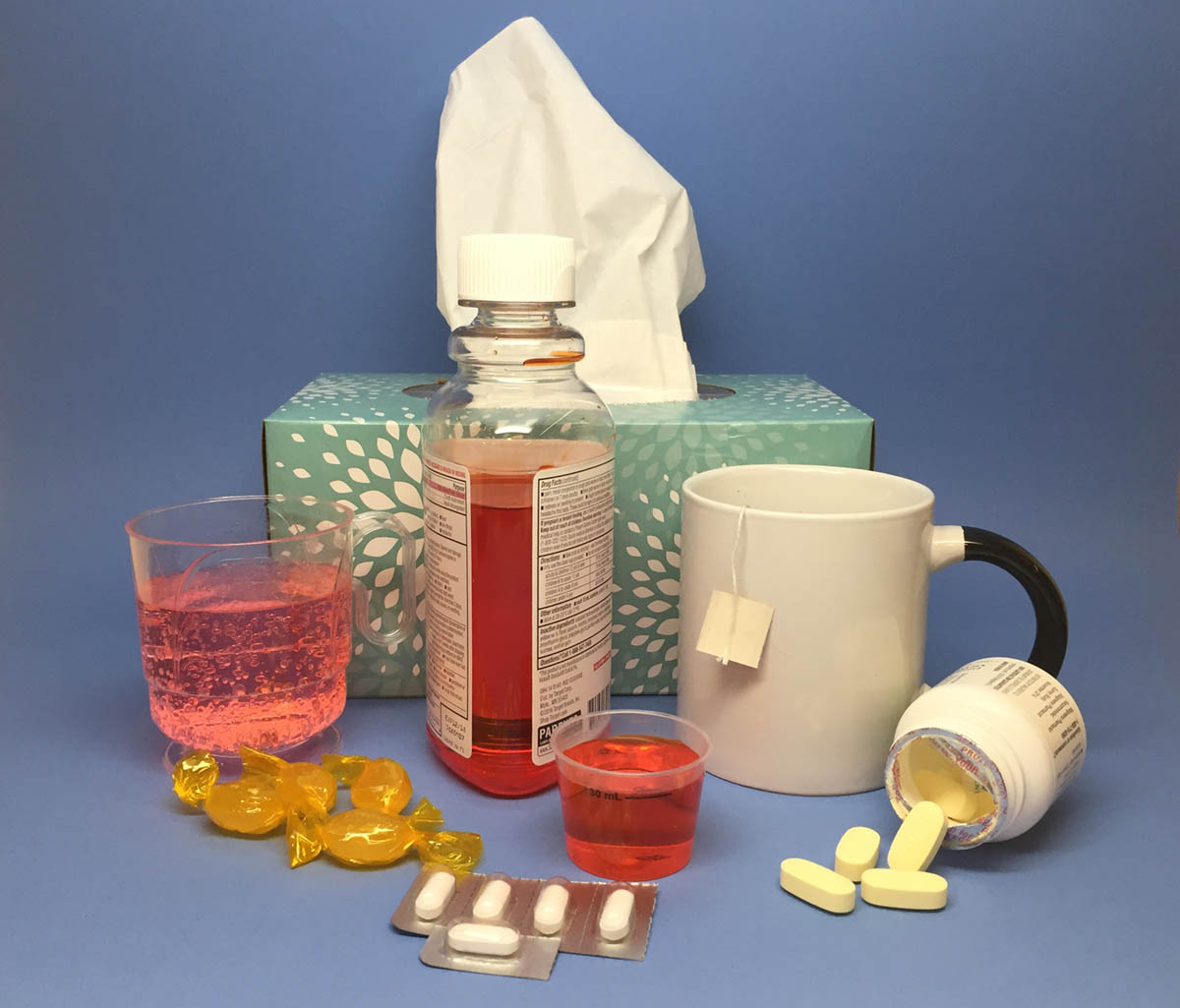
Rebound congestion is actually the term that describes addiction to nasal decongestant medications. It can also be found in some medical journals and encyclopedias as rhinitis medicamentosa or RM.
In most cases, this condition last (remain) until you decide you won’t use nasal sprays or decongestants. It happens after the multiple everyday uses of these medications for some 5 to 7 days. People think that increase of the dose or more frequent appliance will be more effective than recommended dose. Instead of easing the symptoms, these people end up in pain and sometimes even permanently damage their health. Surgical procedure may be needed to restore normal breathing.
This addiction is hard to get rid of, but your health may be seriously compromised with the condition it causes. Because of that, it is important to stop using nasal sprays and decongestants when you don’t need them anymore.
Rebound Congestion Causes
The most common cause of rebound congestion is the long term use of nasal decongestants, especially oxymetazoline, naphazoline, xylometazoline or phenylepinephrine. Products known to cause addiction are Rhinostat and Afrin. Used when they are needed, nasal sprays can relieve symptoms of allergies, cold or sinusitis. Repeated use of nasal sprays and decongestants constrict the lining in the nose and lead to swelling, sometimes even worsening the condition that was initially treated.
Other reasons that might lead to rebound congestion include deviation of nasal septum, pregnancy and respiratory infections. Cocaine abusers and people suffering from hypertrophy of inferior turbinates and vasomotor rhinitis can also experience rebound congestion, due to the abuse of nasal decongestants.
How is Rebound Congestion Treated?
The most important decision is the one that you won’t use nasal decongestants anymore, or at least not so often. This includes both topical products and nasal sprays. Rebound decongestion may cause serious pain and breathing problems and if you can’t limit the use of these products, try to gradually discontinue their use. You should know that the symptoms might not be pleasant (some even call them “cold Turkey withdrawal” symptoms).
Saline decongestants or natural nasal sprays (Sinol, Sinu Soothe, etc.) might be the good substitute for nasal sprays. They will ease the discomfort caused by rebound decongestion, and reduce the inflammation and nasal blockage. Steaming and humidifying may also replace nasal decongestants and moisturize the mucus membrane in your nose, un-blocking it.
Nasal steroids and some pain killers might be needed, if the pain and symptoms become very unpleasant. If the symptoms persist or don’t respond to the decrease or cessation of nasal decongestants you should consult your doctor.





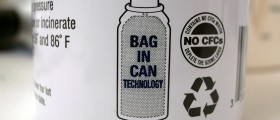

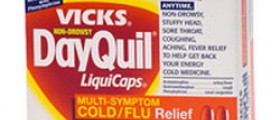
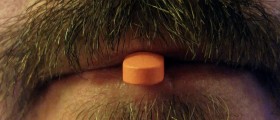
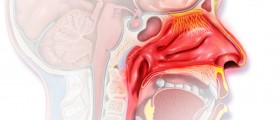







Your thoughts on this
Loading...